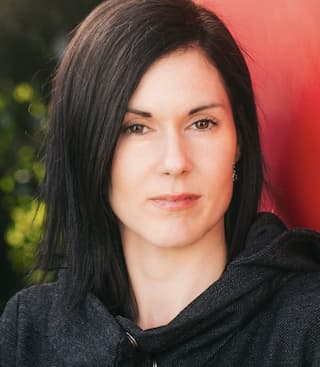GP crisis: Clinics close or merge


Funding and staffing shortages are affecting general practices nationwide. Photo: Unsplash.
A lack of funding and staffing is being felt across Nelson’s general practice system, with some clinics either closing or merging.
Toi Toi Medical has permanently closed its Stoke clinic, citing “significant staff shortages, difficulty recruiting, and ever-increasing outgoings”.
“This difficult decision has not been made lightly and reflects the current challenges facing general practice in New Zealand,” they said in a recent statement.
Full medical services will remain available at their Natalie St clinic in Nelson, and they have also engaged with other general practices, such as Stoke Medical, who are enrolling in the Stoke community.
Nelson Bays Primary Health chief executive Sara Shaughnessy says the closure highlights the current primary health environment with “growing costs and stagnant funding that is no longer fit for purpose”.
Sara says that the growing population in Nelson doesn’t match the existing resources available, and of the 22 practices in the region, only six practices are open for full enrolments.
“Four practices are not taking on new patients, and 12 practices have limited availability. This means they may be accepting patients who are new to the area, don’t already have a local GP, and/or have a family member already enrolled.”
While one clinic has closed, others have merged.
South Link Health, which has a network of 23 general practices across New Zealand, has combined two of their Nelson clinics, Nelson City Medical Centre and Titoki Medical, into a single entity across two locations.
Chief executive Karl Andrews says the merger is due to the “challenges and pressures” faced by the primary healthcare sector and will allow them to better support staff and meet the needs of their 5,800 patients.
“The pressures faced by medical practices delivering primary health care continue to weigh heavily on practitioners, staff, and patients. Combining these two practices provides a greater opportunity for staff to share knowledge and lean on a wider collective for support.”
Karl says that one combined practice will allow greater choice for patients faced with increased waiting times – which has been a growing trend across New Zealand.

Nelson Tasman’s local GP spokesperson, Graham Loveridge, says it is a “difficult environment” for the sector at the moment.
“It’s been hard to keep up numbers of GPs, nurses, nurse prescribers, and nurse practitioners. Most doctors are struggling with the clinical workload, let alone trying to run a practice.”
He says it has been “increasingly difficult” to recruit young doctors into general practice, which doesn’t bode well with a high proportion of the GP workforce being close to retirement age.
“It is seen as a complex specialty and not as financially rewarding as hospital medicine or some of the other specialties. It’s not as attractive for young doctors to go into, despite it being a really interesting and rewarding branch of medicine.
“A lot of the GP workforce are over the age of 60 … so if they begin to retire, that’s going to leave a big gap. We need to train more GPs and expose them to the really interesting work that is done in general practice.”
He says losing doctors to overseas and not being able to recruit overseas doctors to New Zealand is also a problem and if funding isn’t boosted, the situation will “get worse”.
“Funding has not increased for general practice, along with wages, rents, insurance, and medical supplies. The cost of running a business has increased but the funding has not increased proportionally.
“Everyone acknowledges that we’d do better in New Zealand if we have a good functioning general practice system, but no one’s been prepared to put their money where their mouth is – and that’s a continual frustration and disappointment for general practice.”
